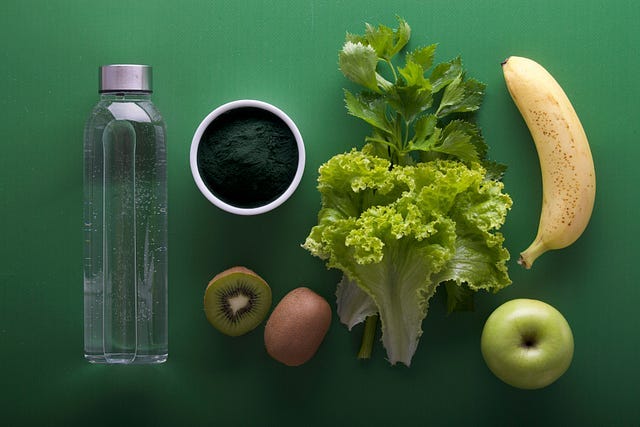
Your gut does more than break down food — it’s a powerhouse of immune defense, hormone regulation, and mental clarity. But its influence doesn’t stop there. Research has shown that gut health is deeply connected to heart health, making a gut reset a crucial part of any long-term cardiovascular wellness plan. When your gut is out of balance, it can increase inflammation, raise cholesterol levels, and even affect blood pressure, which raises your risk of heart disease.
This article will explore ten evidence-based strategies to reset your gut health and examine the connection between gut health, abdominal fat, and heart disease.
Abdominal Fat, Gut Health, and Heart Disease: What’s the Link?
One significant sign of poor gut health is excess abdominal fat, also known as visceral fat, which wraps around your internal organs. This isn’t just about appearance; it’s about your disease risk.
Visceral fat is metabolically active and releases inflammatory substances called cytokines, which:
• Disrupt insulin sensitivity
• Raise blood pressure
• Increase systemic inflammation
• Accelerate plaque formation in the arteries
In other words, abdominal fat is not inert — it’s a factory of inflammation. And when your gut microbiome is out of balance, it contributes to weight gain and difficulty losing fat, creating a cycle that further damages cardiovascular health.
Here are 10 Science-Backed Ways to Reset Your Gut and Detox
1. Fuel Your Gut with Prebiotic Fiber
Prebiotics are non-digestible fibers that feed beneficial gut bacteria. Rich sources include:
• Garlic
• Onions
• Leeks
• Green bananas
• Oats
Tip: Start your morning with oatmeal with a banana and chia seeds.
2. Eat Fermented Foods Regularly
Fermented foods introduce live probiotics into your system, supporting gut diversity and balance. Try
• Yogurt with live cultures
• Kefir
• Kimchi
• Sauerkraut
• Miso
Tip: Add a spoonful of sauerkraut or miso to your salad or soup daily.
3. Limit Processed Foods and Sugar
Highly processed foods and added sugars disrupt your gut flora and feed harmful bacteria, leading to inflammation.
Tip: Avoid sugar-laden beverages and processed snacks; swap with fruit, nuts, or plain Greek yogurt.
4. Stay Well Hydrated
Water is essential for digestion, nutrient absorption, and flushing toxins. It also supports the mucosal barrier in the gut lining.
Tip: Carry a reusable water bottle and aim for at least 8 — 10 cups daily.
5. Prioritize Quality Sleep
Sleep is when your body (and your gut) recovers. Poor sleep disrupts the gut microbiome and increases cravings for unhealthy foods.
Tip: Aim for 7 — 9 hours of sleep per night with a consistent bedtime and no screens an hour before bed.
6. Reduce Stress Through Mind-Body Practices
Chronic stress alters gut-brain signaling, slows digestion, and can cause or worsen symptoms like bloating or constipation.
Tip: Practice deep breathing, meditation, or take 10-minute walks outdoors daily to lower cortisol levels.
7. Exercise Regularly
Physical activity improves microbial diversity and helps reduce visceral fat.
Tip: Incorporate 30 minutes of moderate activity (like walking, dancing, or swimming) five days a week.
8. Avoid Unnecessary Antibiotic Use
While antibiotics are lifesaving when needed, overuse can wipe out good bacteria and lead to gut imbalance.
Tip: Only take antibiotics when prescribed and follow up with probiotic foods or supplements.
9. Eat More Polyphenol-Rich Foods
Polyphenols are plant compounds that beneficial bacteria thrive on. Found in:
• Berries
• Olive oil
• Green tea
• Dark chocolate (70%+ cacao)
Tip: Replace dessert with a handful of berries and a square of dark chocolate.
10. Consider Probiotic Supplements
In some cases, such as after antibiotic use or digestive illness, a probiotic supplement can help restore balance. Look for:
• Multiple strains (like Lactobacillus and Bifidobacterium)
• At least 10 billion CFUs
Tip: Take probiotics with food to improve absorption.
Given the link between gut imbalances, abdominal fat, and cardiovascular disease, caring for your gut is one of the most powerful things you can do for your heart.
By making small, consistent changes — adding fiber here, choosing fermented foods there, moving your body more — you build a foundation for a healthier gut and a stronger heart.




Dr you are doing a great job keep it up